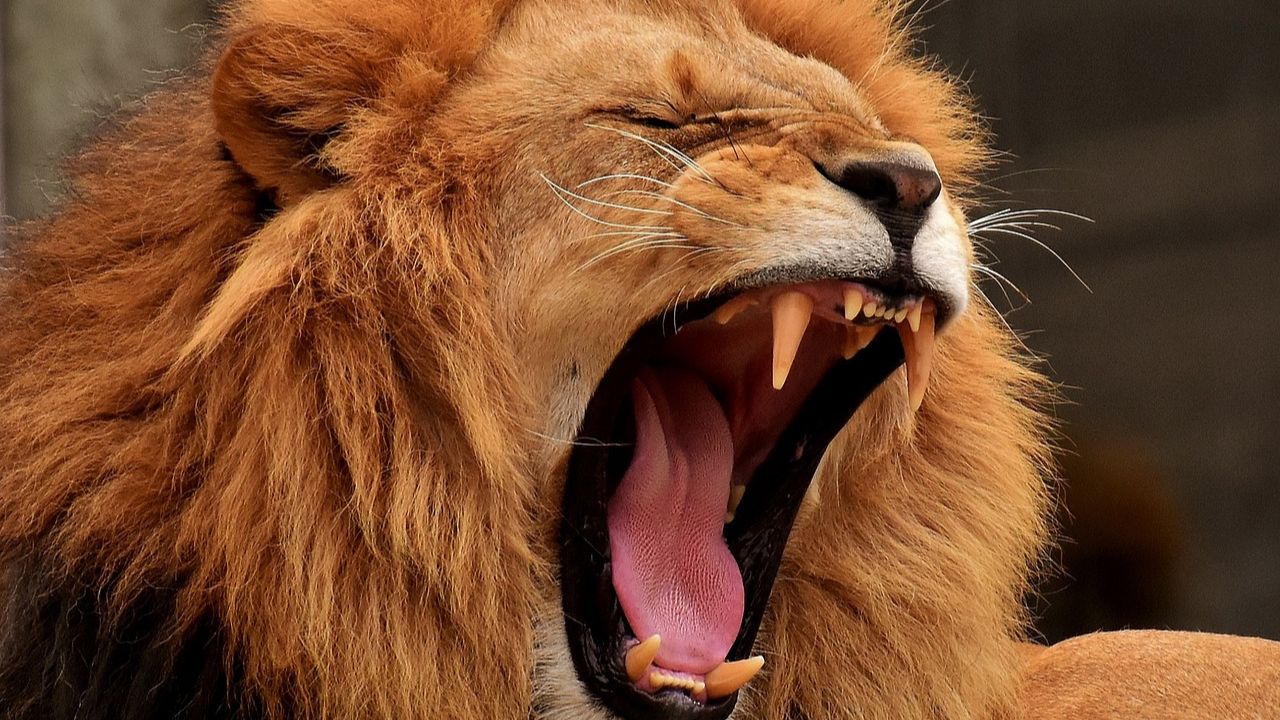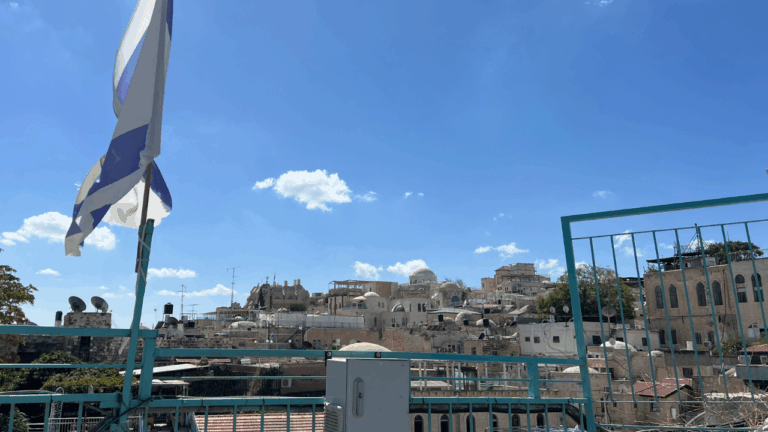The Lion’s Roar
As HaKadosh Barukh Hu revealed himself to humanity with the mass revelation at Matan Torah, Hazal explain that the entire universe went silent (Shemot Rabbah 29:9). No birds flew, no oxen lowed, no angels took flight, and the sea ceased flowing as Hashem declared “Anohi Hashem Elokekha”. Even the heavenly and angelic Seraphim muted their sublime praises of Hashem. This silence was referenced by the verse in Amos (3:8), “When the lion roars, who will not fear? When God speaks, who is not silent?” (see homiletic interpretation of the verse in the Midrash there). Similarly, Hazal explain that when Eliyahu performed the great miracle at Har HaKarmel, where his sacrifice was consumed by holy fire from the heavens in front of Bnei Yisrael, the world lay silent, “there was neither sound, nor response, nor listener” (Melakhim 18:27). If any celestial being were to “speak”, the idolatrous priests of the Ba’al would claim that their god was responding to them. Hence, Hashem silenced everything to make it clear that there is only one “lion” whose roar will be heard.
What was the true purpose of this cosmic silence? Rav Chayim Shmuelevitz (Sichos Mussar 26) explains that humanity is so mortally frail and limited, that even the slightest natural distraction could prevent them from understanding the gravity of Hashem’s declaration of Oneness. The metaphoric “noise” generated by the natural universe can cloud our vision and prevent us from seeing the reality of Hashem’s total mastery over creation. Similarly, even if heavenly fire were to descend upon Eliyahu’s korbanot, the idolaters would still be distracted from the obvious reality of Hashem being the only true God were there to be the slightest amount of commotion. They would immediately be blinded to the obvious truth.
The lion’s roar described in Amos references the revelation at Sinai. But Yoel HaNavi (4:16) also describes another roar of Hashem that comes forth from Tzion and Yerushalayim. The Midrash describes that the Beit HaMikdash is also metaphorically described as a lion, and when Hashem beholds Jerusalem bereft of His divine presence and occupied by those who do not know Him, He roars through the ruins of the mikdash in pain and protest. This roar should be deafening; it reflects the ultimate desecration of God’s name, as His “glory remains in captivity and His splendor in enemy hands” (Tehilim 78:61). God’s Oneness and his revelation of Anokhi Hashem is shadowed by Jerusalem’s desolation.
This roar is a call for all Jews to return to their home, to reclaim their spiritual ancestral birthright. It is the call to engage in the rebuilding of Jerusalem and Eretz Yisrael, to bring comfort to Tzion v’Yerushalayim as her children return to her gates. But the noise generated by the marketplaces of Rome is deafening (Yoma 20b); the hustle and bustle of daily life in the exile of Edom prevents us from hearing the mighty lion’s roar. As Rav Chayim taught us, even the clearest message of heavenly fire descending from the heavens can be crowded out by the decadence and alure of modern society.
We must transcend the cacophony of Rome and listen to the divine messages surrounding us. The lion of Jerusalem is roaring; who will take up her call?



